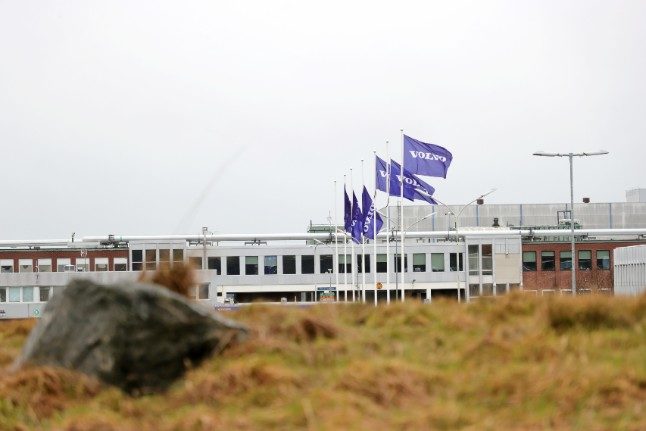The Gothenberg-based company, majority owned by China’s Geely Holding, said net profit rose to 3.9 billion Swedish kronor (380 million euros, $400 million) against 5.7 billion kronor a year earlier.
Its first-quarter operating profit fell to 6.0 billion kronor, while turnover rose 11 percent to 15.7 billion kronor, beating analyst forecasts.
A global shortage of semiconductors has forced Volvo and other carmakers to cut vehicle output despite robust demand.
The new Covid lockdowns in China and the Russian invasion of Ukraine have exacerbated the problem, Volvo said.
The Ukraine conflict “sent already rising inflation to new heights and further disrupted supply chains that were already fragile”, Volvo chief Jim Rowan said.
“Volvo Cars sold a total of 148,295 cars in the first quarter as the supply chain constraints affecting the company continued to slowly ease,” a statement said.
This was 37,000 fewer than the previous year.
“However, late in the quarter the company was hit by a shortage of a specific component, which will also impact production during the second quarter,” it added.
Volvo however underscored that this was “a temporary setback”, adding it expected “marginal growth in sales volumes for the full year 2022, compared to 2021, although uncertainty is high”.
Volvo sales in its main markets fell 26 percent in Europe, 21 percent in China and 16 percent in the United States.
However, the company, which aims to have an all-electric fleet of cars by 2030, said sales of rechargeable vehicles were rising and represented 34 percent of the total volume in the first quarter.



 Please whitelist us to continue reading.
Please whitelist us to continue reading.
Member comments